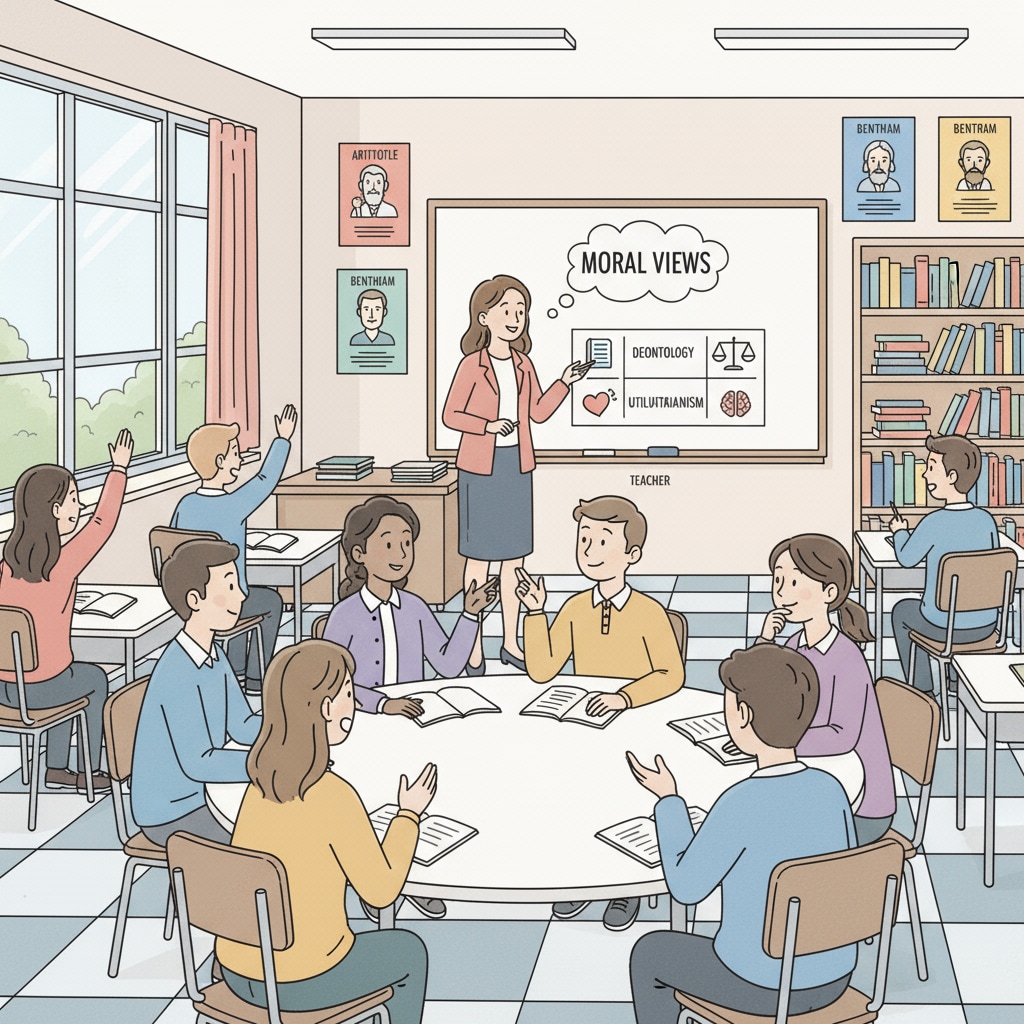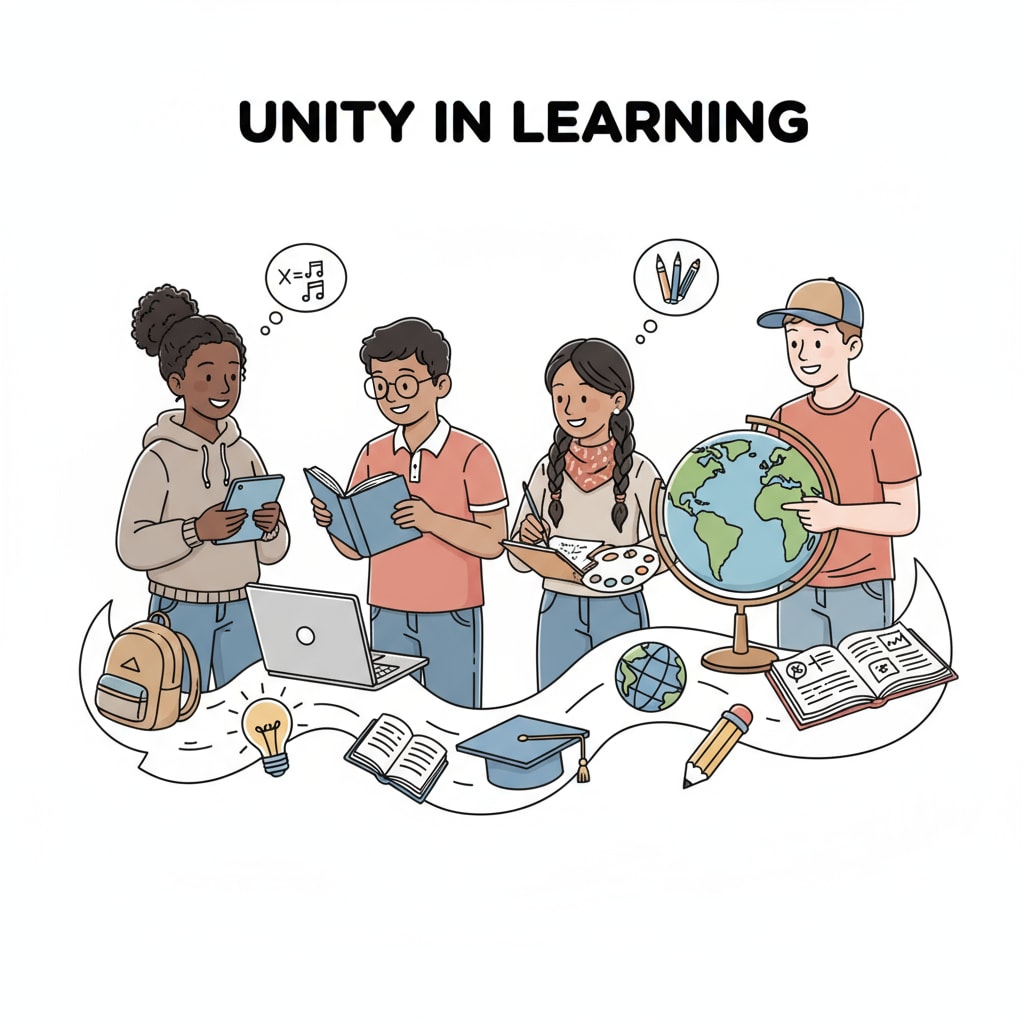In today’s society, moral relativism, social differentiation, and value conflicts are prominent issues that pose a great challenge to K12 education. The once seemingly unified moral framework is now being fragmented, leaving educators grappling with how to instill moral values in students.

The Rise of Moral Relativism
Moral relativism holds that moral judgments are not absolute but relative to different cultures, individuals, or historical periods. This concept has gained traction in recent times, mainly due to increased globalization and cultural exchanges. As people are exposed to a wide range of cultural norms and values, they start to question the universality of traditional moral principles. For example, what may be considered morally right in one culture could be seen as wrong in another. According to Wikipedia’s entry on moral relativism, this shift in thinking has made it difficult to establish a common moral ground.
Social Differentiation and Its Impact
Social differentiation, another contributing factor, has led to the emergence of various social groups with distinct values. Different socioeconomic classes, age groups, and subcultures have their own sets of beliefs and moral codes. This division makes it hard for schools to deliver a one-size-fits-all moral education. Young people are often caught in the crossfire of these conflicting values. They may be influenced by the values of their peer groups, family, or the media, creating confusion about what is truly right or wrong.

Value conflicts further complicate the situation. With the proliferation of information and the rise of social media, students are bombarded with a multitude of opinions and values. This constant exposure to conflicting ideas can lead to moral confusion and a lack of a clear moral compass.
The Role of K12 Education
K12 education has a crucial role to play in this complex landscape. It needs to find a way to navigate between respecting the diversity of values and establishing a necessary moral consensus. One approach could be to encourage critical thinking among students. By teaching them to analyze different moral viewpoints, students can develop the ability to make informed moral decisions. Educators can also incorporate real-life examples and case studies into the curriculum to help students understand the practical implications of moral choices. As stated in Britannica’s article on education, education should aim to develop well-rounded individuals with strong moral characters.
Moreover, schools can create a positive and inclusive school culture that promotes values such as respect, empathy, and responsibility. This can be achieved through extracurricular activities, community service projects, and classroom discussions. By providing a safe and supportive environment, students can explore different values and develop their own moral identities.
Readability guidance: The key points are presented in short paragraphs and lists. Each H2 section has a list-like structure. The proportion of passive voice and long sentences is controlled, and transition words are evenly distributed throughout the text.


